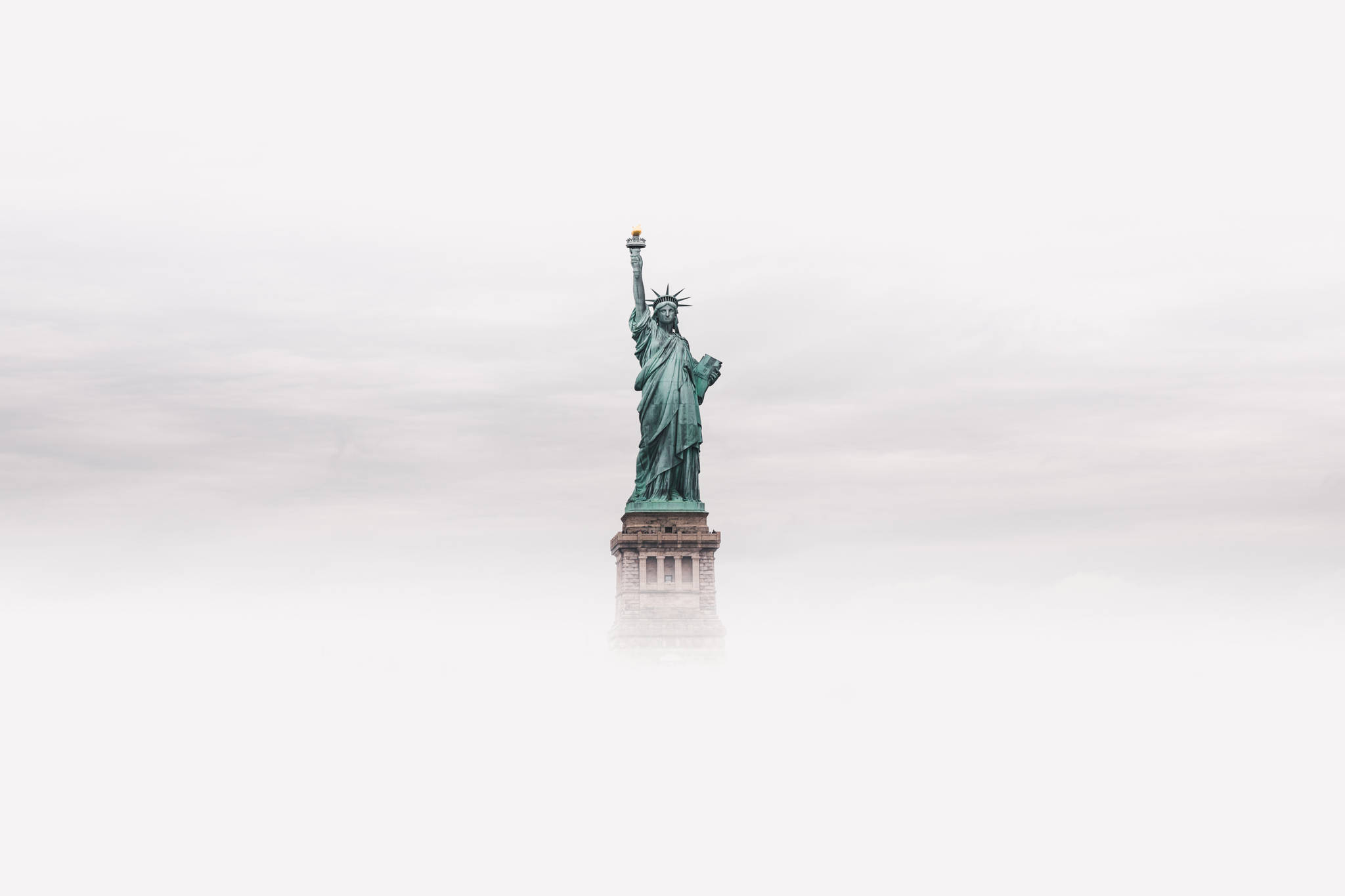“It’s complicated,” Aaron Davidman cried out at the start of “Wrestling Jerusalem.” That can be taken as a reason to avoid discussing the conflict between Israel and Palestine. Or that he has no vision of peace in birthplace of Judaism, Christianity and Islam.
But the play is Davidman’s way of asking his audience to choose the “possibility of transformation” over despair; of “what ought to be” rather than acquiesce to the “way the world is;” to see the light of goodness rather than fear in the eyes of “the stranger.”
And it’s a prescription to consider for healing what’s broken in America.
[Opinion: The waste trappings of the GDP]
I worked with the local groups that sponsored the stage version of “Wrestling Jerusalem” in Juneau three years ago. Nothing’s changed between then and his three film screenings last week. At least, not enough require an update to the script.
Following his opening words, Davidman turned to his audience. “You may say it all started in 1948,” which Palestinians refer to as the Catastrophe and the Israelis call their War of Independence. He then races through a century of history, picking out events other observers claim to be the root cause of the conflict. He called out the Israeli, Palestinian and American politicians that many blame for not solving it, as well as the media and lobbies that continue to spin the narratives to suit their biases.
Unfortunately, identifying when America’s cold civil war began is beginning to sound like that opening scene.
“The America we lost” happened when “passive, unhappy Americans sat on their couches and chose a strutting TV clown,” one author and New York Times commentator wrote the day after President Donald Trump was inaugurated.
No, says a writer from the National Review who agrees on that date. The problem was the “exceptionally powerful figures in influential positions” who, for the first time in American electoral history “decided that they could not accept the verdict of the people.”
No, that happened after Barack Obama was elected in 2009, others say, pointing to Sen. Mitch McConnell’s obstructionist pledge to make sure he was a one-term president.
Some think it was the 2000 election decided by hanging chads and an activist Supreme Court. Others say it was the impeachment of President Bill Clinton.
It was the Iraq War. No, obviously 9/11 changed everything.
It was Newt Gingrich, argues The Atlantic writer McKay Coppins, who “broke American politics,” by turning “partisan battles into bloodsport.”
Looking for answers four years ago, an NBC commentator said it could have started during the 1987 “fight over Robert Bork’s Supreme Court nomination.” The Cook Political Report said it began with the “Bloody Eighth,” a 1984 Indiana congressional race in which the Democratic Congress refused to seat the state certified Republican winner.
Still others argue it all started when the Watergate coverup forced President Richard Nixon to resign. Or in the 1960s with the Vietnam War, antiwar protests and social upheaval spawned by feminism, promiscuity and drugs.
[Opinion: Fight anti-semitism with love]
Is this what we want our future to be? An argument about when America ceased being a shining “city on a hill.” Because that’s where the politicians and pundits promoting this unhealthy cycle of victimization and blame will lead us.
Davidman heard those kind of divisive voices at a pro-peace rally attended by thousands of people. “All Arabs are not terrorists” they shouted. “All Israelis are not oppressors.” But the extremists among them undermined the movement when they called out “death to Israel” and “death to the Jews.”
He retreated from the rage of hatred, but not from his search based on a Jewish idea he had learned long ago. Finding the “fragments of goodness” hidden in all people is “how we heal the world.”
That brought Davidman in contact with strangers in both Israel and Palestine. To viewpoints informed by closeness to the region’s tragic circumstances or personal tragedies. And he found those fragments “behind the eyes of every single person” he met. But alone, he can’t contain them. No one person can.
We can find them in every American too. But only if we collectively reject those who claim they possess the only truths. And search for how the America “ought to be” among the hearts and minds of the strangers in our midst.
• Rich Moniak is a Juneau resident and retired civil engineer with more than 25 years of experience working in the public sector. He contributes a weekly “My Turn” to the Juneau Empire. My Turns and Letters to the Editor represent the view of the author, not the view of the Juneau Empire.

